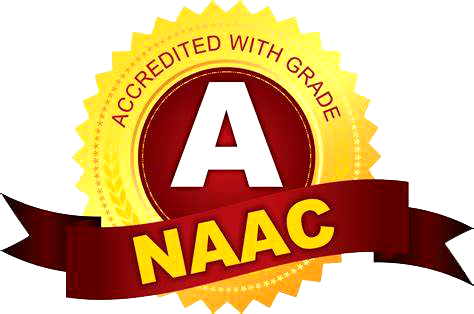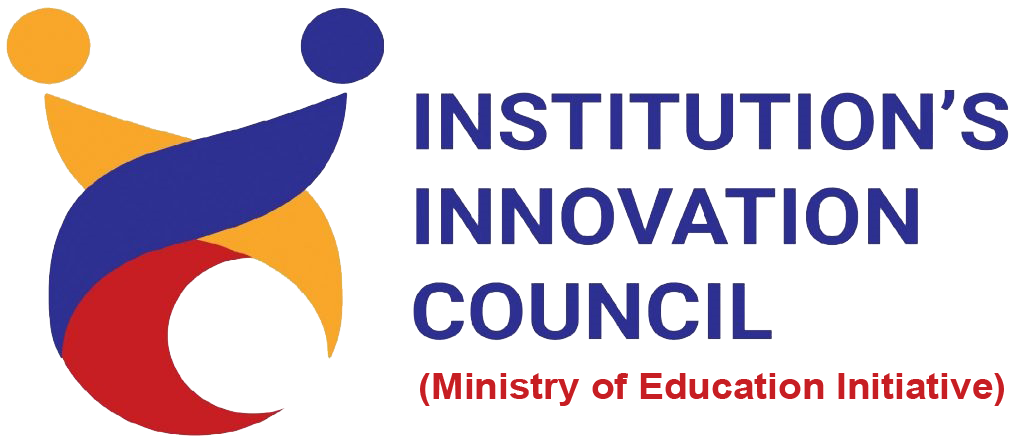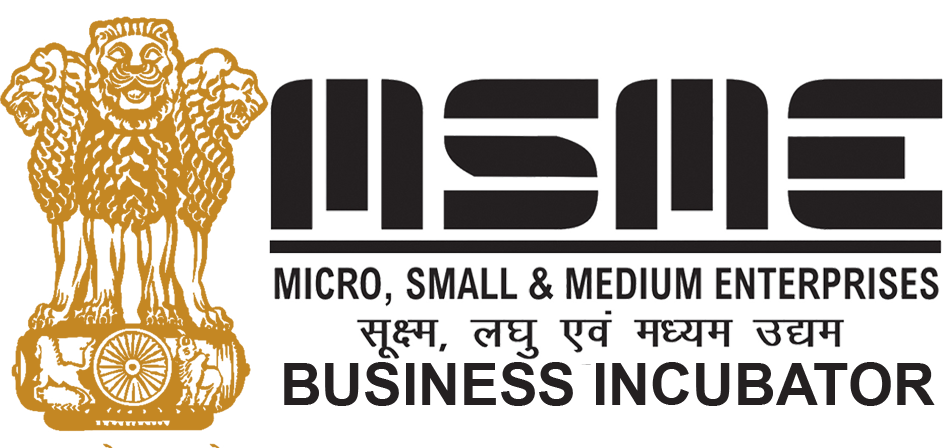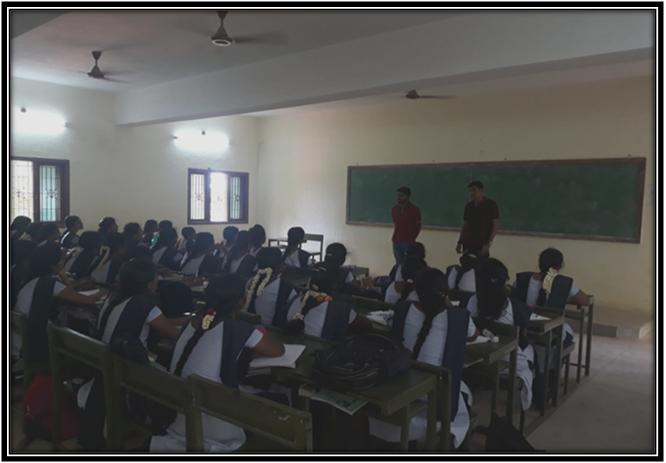
ABOUT DEPARTMENT
The Department was formally instituted in 2008. The Department has persistently been determined for excellence in teaching and analysis, since the inception of the institute and established itself as one of the reputed departments. The academic activities of the Department encompass practically all major sub-disciplines of Electronics and Communication Engineering.
The Department offers B.E degree in Electronics and Communication Engineering started with an intake of 60 students per year. From 2012 onwards Faculty research interest spans a wide range from abstract theory to down-to-earth problems of immediate interest to industry. All the faculty members are carefully chosen taking into consideration their years of experience, commitment and quality of instruction. Students here are hence exposed to best learning environment and are provided with in-depth knowledge.
It is offering technology oriented courses and creating manpower in the strategic areas well compatible with the industrial expectations. Further, to set standards in teaching and learning incessantly for making a bright career path for the students and to establish state-of-the-art center for excellence in research.
The department envisages the wide spectrum of areas including, Electronics circuits, Signal processing, Communication Technology, Biomedical Instrumentation ,Robotics and other applied areas focusing towards making brighter career path.
Students are given broad opportunities for relevant skill development apart from regular academics in order to make them competitive and industry ready. The department also conducts workshops, symposia and faculty development programs regularly for improving the teaching and learning quality. Also the department is involved in the society development programs to make impact on its development and awareness.
FROM THE HOD'S DESK
J.P. College of Engineering shall strive towards a world class Institution by producing professional with high technical knowledge, professional skills and ethical values. We shall be a preferred partner to the industry and community for contribution towards their economic and social development by providing high quality manpower through excellence in teaching and research work. J.P. College of Engineering shall be recognized as a point of reference a catalyst, a facilitator, a trend setter and a leader in technical education.
Electronics and Communication Engineering has consistently maintained an exemplary academic record. The greatest asset of the department is its highly motivated and learned faculty. The available diversity of expertise of the faculty with the support of the other staff prepares the students to work in global multicultural environment. The graduates of the Electronics & Communication Stream have been selected by some of the world's leading corporations & as well as by most of the leading Indian counter parts.
We hope that we will continue to deliver our best to serve the society and mankind. It is also expected and that our students will continue to pass-on the skills which they have developed during their stay at this department to whole of the world for a better society. We will be happy to receive your suggestions for further improvement and development of our department.
VISION & MISSION
MISSION :
M1: To Provide the best facilities, infrastructure and environment to our students, researchers and faculty members to meet the challenges in the field of Electronics and Communication Engineering.
M2: To provide quality education through effective teaching learning process for their future career, viz placement and higher education.
M3: To provide insight in to the core domains with industry interaction.
M4: To prepare graduates adaptable to the changing requirements of the society through lifelong learning.
PROGRAMME EDUCATIONAL OBJECTIVES (PEO)
1. To prepare students to analyze, design and implement electronic circuits and systems using the knowledge acquired from basic science and mathematics.
2. To train students with good scientific and engineering knowledge so as to comprehend, analyze, design and create novel products and solutions for real life problems.
3. To introduce the research world to the graduates not only in their own domain but also in multidisciplinary domain, so that they feel motivated for higher studies.
4. To prepare graduates to exhibit professionalism, ethical attitude, communication skills, team work and leadership qualities in their profession and adapt to current trends by engaging in lifelong learning.
5. To practice professionalism in a collaborative, team oriented manner that embraces the multicultural environment of today's business world.
PROGRAMME OUTCOMES (POs)
1. Engineering Knowledge: Able to apply the knowledge of Mathematics, Science, Engineering fundamentals and an Engineering specialization to the solution of complex Engineering problems.
2. Problem Analysis: Able to identify, formulate, review research literature, and analyze complex Engineering problems reaching substantiated conclusions using first principles of Mathematics, Natural sciences, and Engineering sciences.
3. Design / Development of solutions: Able to design solution for complex Engineering problems and design system components or processes that meet the specified needs with appropriate considerations for the public health and safety and the cultural, societal, and environmental considerations.
4. Conduct investigations of complex problems: Able to use Research - based knowledge and research methods including design of experiments, analysis and interpretation of data, and synthesis of the information to provide valid conclusions.
5. Modern tool usage: Able to create, select and apply appropriate techniques, resources, and modern Engineering IT tools including prediction and modeling to complex Engineering activities with an understanding of the limitations.
6. The Engineer and society: ble to apply reasoning informed by the contextual knowledge to access societal, health, safety, legal and cultural issues and the consequent responsibilities relevant to the professional Engineering practice.
7. Environment and sustainability: Able to understand the impact of the professional Engineering solutions in societal and environmental context, and demonstrate the knowledge of, and need for sustainable development.
8. Ethics: Able to apply ethical principles and commit to professional ethics and responsibilities and norms of the Engineering practice.
9. Individual and Team work: Able to function effectively as an individual, and as a member or leader in diverse teams, and in multidisciplinary settings.
10. Communication: Able to communicate effectively on complex Engineering activities with the Engineering community and with society at large, such as, being able to comprehend and write effective reports and design documentation, make effective presentations, and give and receive clear instructions.
11. Project Management and Finance: Able to demonstrate knowledge and understanding of the engineering and management principles and apply these to ones own work, as a member and leader in a team, to manage projects and in multidisciplinary environments.
12. Life long learning: Able to recognize the needs for, and have the preparation and ability to engage in independent and life-long learning in the broadest contest of technological change.
PROGRAMME SPECIFIC OUTCOMES (PSO)
PSO 1. Design, develop and analyze electronic systems through application of relevant electronics, mathematics and engineering principles.
PSO 2. Design, develop and analyze communication systems through application of fundamentals from communication principles, signal processing, and RF System Design & Electromagnetics.
PSO 3. Adapt to emerging electronics and communication technologies and develop innovative solutions for existing and newer problems.
Faculty Profile
| S.No | Photo | Faculty Name | Designation | Qualification | Experience | |
|---|---|---|---|---|---|---|
| 1 | 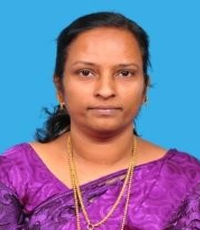 |
Dr.S.D.Jayavathi | Professor & Head | M.E.-Communication Systems, Ph.D | Teaching: 18 Y 6 M Industrial: 10 Y 10 M |
hodece@jpcoe.ac.in |
| 2 | 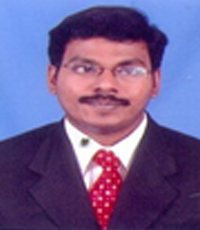 |
Dr.E.A.Mohammed Ali | Associate professor | M.E.-Applied Electronic, Ph.D | Teaching:20 Y 10 M | mdali@jpcoe.ac.in |
| 3 | 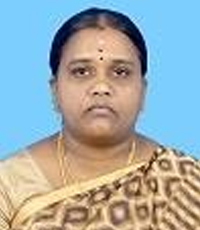 |
Mrs.M.Shenbagavalli | Assistant Professor | M.Tech.-Laser and Electro Optical Engineering | Teaching:15 Y | m.shenbagavalli@jpcoe.ac.in |
| 4 |  |
Mr.G.Vinoth Rajkumar | Assistant Professor | M.Tech.-Communication Systems | Teaching:11 Y | vinothrajkumar@jpcoe.ac.in |
| 5 | 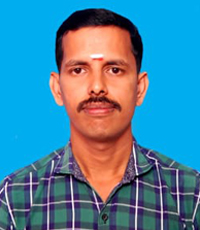 |
Mr.M.Paramaiyappan | Assistant Professor | M.E.-VLSI Design | Teaching:10 Y 9 M | paramaiyappan1@jpcoe.ac.in |
| 6 | 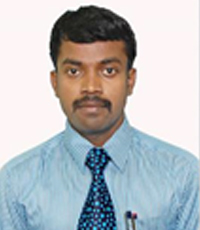 |
Mrs. S.Jai Metilda | Assistant Professor | M.E.-Applied Electronics | Teaching: Y Industrial : Y M |
jaimetilda@gmail.com |
| 7 | 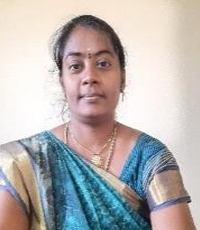 |
Mrs.M.Vijaya Gandhi | Assistant Professor | M.E.-Digital Communcation and Networking | Teaching: 5 Y 8 M | vijayagandhi@jpcoe.ac.in |
| 8 | 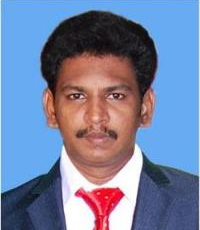 |
Mr.V.Ayyappan | Assistant Professor | M.E.-Communication System | Teaching 11 Y Industrial 5 Y |
ayyappan@jpcoe.ac.in |
| 9 | 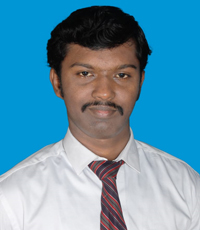 |
Mr.P.Nelson Kingsly Joel | Assistant Professor | M.E.-Applied Electronics | Teaching:6 Y 10 M | joel@jpcoe.ac.in |
| 10 | 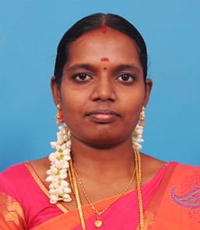 |
Mrs.R.Chandrika | Assistant Professor | M.E.-VLSI Design | Teaching:4 Y 2 M | chandrika@jpcoe.ac.in |
| 11 | 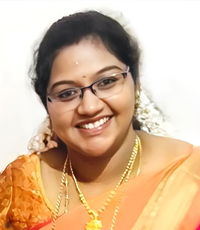 |
Mrs.B.Priyanka | Assistant Professor | M.E.-Applied Electronics | Teaching:6 M | priyanka@jpcoe.ac.in |

